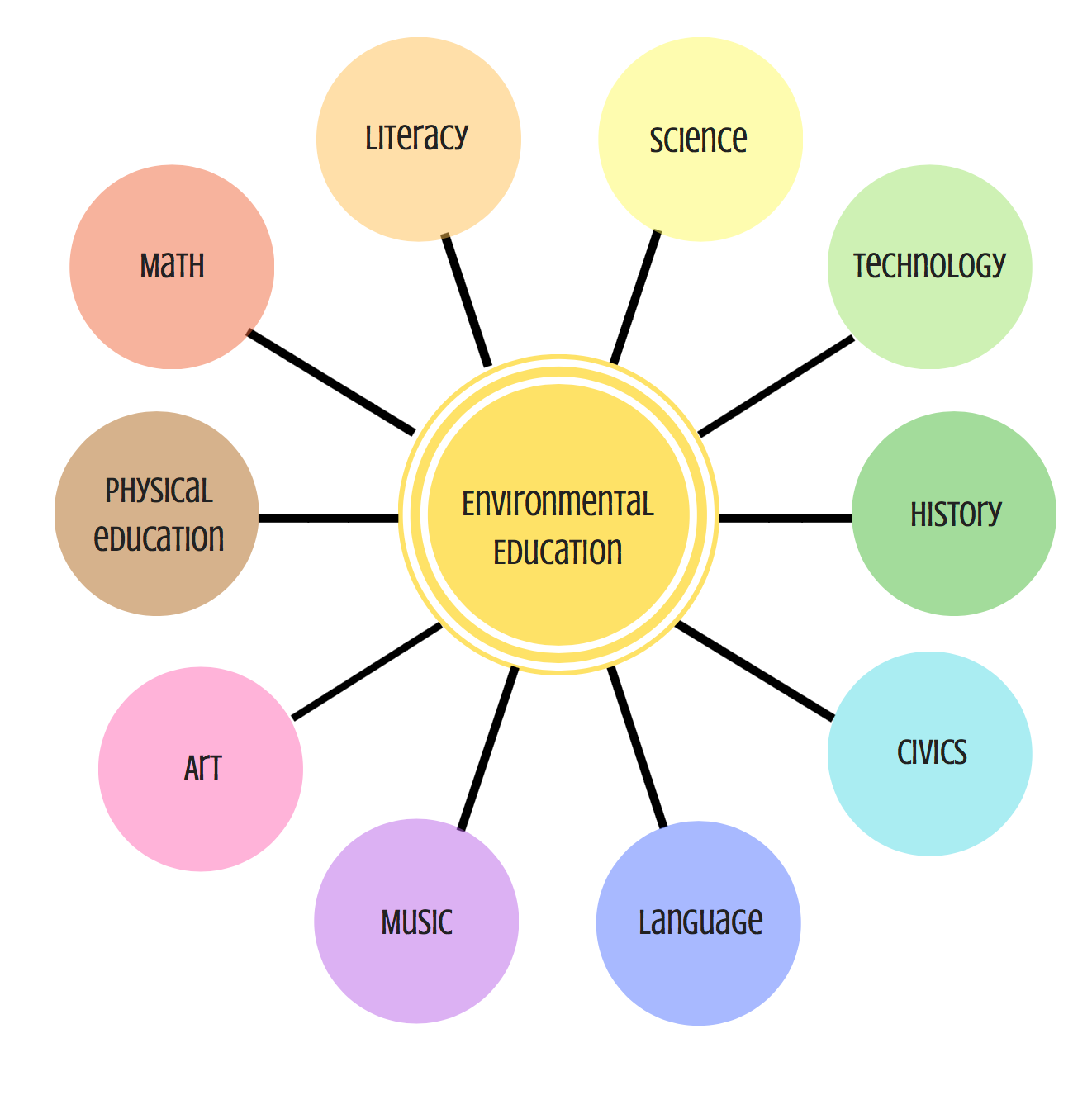What Role Does Architecture Play In Promoting Environmental Awareness And Education?

Environmental education is becoming increasingly important in today's world. With the ever-growing concern about climate change, pollution, and other environmental issues, it is crucial to educate ourselves and others about the impacts that we are having on the planet. In this post, we will explore why environmental education is so important and the benefits that it can bring to individuals, communities, and the planet as a whole.
The importance of environmental education:
- Increased awareness: Environmental education helps us become more aware of the impact that our daily actions can have on the environment. By learning about the various environmental issues that our planet is facing, individuals can become more mindful of their own behavior and make more sustainable choices.
- Protection of natural resources: Environmental education can help us better understand the importance of natural resources such as water, trees, and wildlife. By educating ourselves and others about the importance of protecting these resources, we can work towards preserving them for future generations.
- Environmental policy: With a better understanding of the impacts of human behavior on the environment, environmental education can help individuals become active participants in environmental policy-making. By advocating for sustainable practices and policies, individuals can work towards creating a more environmentally-friendly world.
- Improved health: Many environmental issues, such as air pollution and water contamination, can have negative impacts on human health. By educating individuals about these issues, they can take steps to minimize their exposure and protect their health.
The benefits of environmental education:
- Encourages conservation: Environmental education can help individuals become more aware of the importance of conservation and sustainable practices. By teaching about waste reduction, energy conservation, and other sustainable practices, individuals can work towards a more sustainable future.
- Fosters community engagement: Environmental education can bring communities together around a shared concern for the environment. By working towards common goals, people can develop a sense of community and shared responsibility for the environment.
- Prepares future generations: Environmental education is essential for preparing future generations to take on the challenges of sustainability. By educating children and young adults on environmental issues, they can become active participants in creating a more sustainable future.
Frequently Asked Questions:
What is environmental education?
Environmental education is the process of educating individuals about environmental issues and sustainability. This can take many forms, including formal classroom education, community outreach programs, and experiential learning activities.
Why is environmental education important?
Environmental education is important because it increases awareness of environmental issues, promotes sustainability, and protects natural resources. It can also lead to improved health outcomes and encourage active participation in environmental policy-making.
Who can benefit from environmental education?
Everyone can benefit from environmental education, regardless of age or background. Through education, individuals can become more aware of their impact on the environment and take steps to minimize their footprint. Communities can come together around shared environmental concerns, and future generations can be prepared to take on sustainability challenges.
What are some examples of environmental education activities?
Environmental education activities can include classroom lessons on sustainability, nature walks and hikes, community gardening projects, and recycling programs. They can also involve larger-scale initiatives such as advocating for sustainable policies and practices at the local or national level.
How can I get involved in environmental education?
There are many ways to get involved in environmental education, from volunteering with community organizations to pursuing a career in environmental science or education. Individuals can also take steps to educate themselves and others about sustainability and environmental issues in their daily lives.
How can environmental education make a difference?
Environmental education can make a difference by raising awareness of environmental issues, promoting sustainable practices, and encouraging active participation in environmental policy-making. By educating ourselves and others about the importance of protecting the environment, we can work towards creating a more sustainable world for future generations.
What can I do to make a difference?
There are many things that individuals can do to make a difference for the environment, including reducing waste and energy consumption, advocating for sustainable policies and practices, and supporting environmentally-friendly businesses. By taking small steps towards sustainability in our daily lives, we can all contribute to a more sustainable future.
In conclusion, environmental education is essential for promoting sustainability, protecting natural resources, and preparing future generations to take on the challenges of sustainability. By educating ourselves and others about the importance of protecting the environment, we can work towards a more sustainable future for all.




Post a Comment for "What Role Does Architecture Play In Promoting Environmental Awareness And Education?"